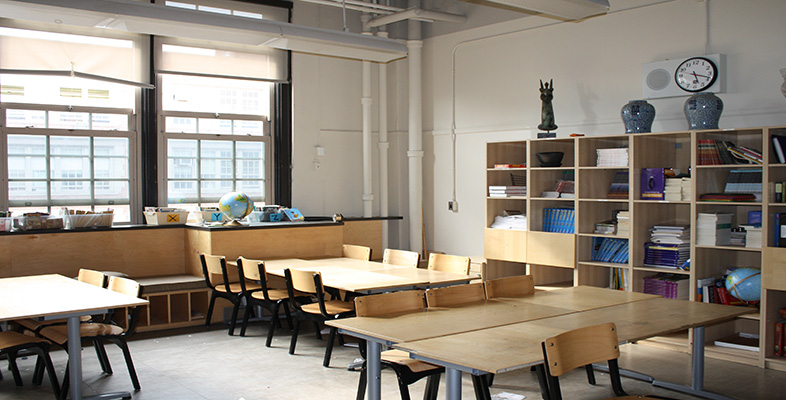2.2 Ethical framework
The ethical framework invites you to analyse a project from four different perspectives.
- External considerations – This is a set of questions that focus on the wider implications of what you are doing.
- Consequences – This set of questions helps you to think about the consequences of doing this work for all those concerned: the researcher, the participants, the institution, and society as a whole.
- Doing you duty – This set of questions helps you to focus on how to behave. You are encouraged to think about doing your duty and avoiding harm to anyone involved.
- Relationships – This set of questions helps you to focus on the relationships at the heart of the research. Whose support to you need? How can you establish trust?
Activity 4: Ethical framework
To help you understand how the ethical framework works, you are going to apply it to an incident that occurred in 2013.
A Lecturer at London School of Economics (LSE) arranged a trip for a group of undergraduates to North Korea – one of the most repressive and secretive regimes in the world. A BBC reporter and cameraman joined the trip. The students were told that a journalist would be joining them and were given the chance to withdraw on the basis of that information. At Bejing airport, en route for North Korea, they were also told that a cameraman was with them and that secret filming would be taking place, for a BBC documentary.
The trip took place, a film was made and everyone returned safely. The film was subsequently shown, revealing shocking social conditions and a regime that does not care for its citizens. But on their return, some of the students expressed their annoyance about having been deceived by the journalists.
Use the Ethical framework [Tip: hold Ctrl and click a link to open it in a new tab. (Hide tip)] , designed to assess your own research, to analyse this situation. Go through the questions in each box and answer them as best you can for this incident.
Having done that, reflect on your answers. Do you think the actions of the BBC and the trip organiser were justified? Why do you think this?
Discussion
- External – From the point of view of the BBC investigative journalists, covert research is acceptable, as a way of exposing unreasonable or dishonest behaviour.
The trip was planned anyway, so this was an efficient use of resources. Exposing the cruelty of this repressive regime could also considered to be morally justified. However, considerable risks were attached to what they did, for the students, the North Koreans who were acting as their hosts and for the prospect of other trips in the future.
- Consequences – The possible consequences for the students were very serious. If the group had been caught and detained, it could have been very dangerous. Likewise for the people acting as hosts.
The consequences for the journalists were the prospect of a ground breaking film, that had not be achieved before. It might be argued that by drawing international attention to the details of what is going on in North Korea, international pressure might result in improvements for the citizens of that country.
- Duty – The journalists were not honest with the students. It could be argued that they were given the right to withdraw, but by leaving it until Bejing to fully inform them, this was less likely to happen.
In the event, no one came to any harm (as far as we know), but they could have done, if the filming had been discovered. LSE have a ‘duty of care’ for students on a university organised trip but the person organising the trip went to great lengths to explain that this was not an official ‘university’ trip.
- Relationships – It was important for the journalists to win the trust of the students, which they seem to have done (although when the group returned, some of the students complained). Building a good relationship with the hosts was also vital and they probably took steps to do this.
This analysis highlights the issues and dilemmas and provides a rational basis for making a decision. The journalists decided that the risks and covert actions were acceptable in the interests of the exposing a corrupt and repressive regime. The parents of the students concerned might have argued that the risks were unacceptable.
There is no right answer to this, or to any ethical dilemmas, but this framework provides a basis on which sensible discussions can take place.
Activity 5: Applying the framework in your own research
Think about your idea for a project from Activity 1 and 2 in the light of the Ethical framework. Make some notes against each question.
You will not be able to answer all the questions until you have a more detailed research design, but the framework will highlight some of the things you need to think about.
